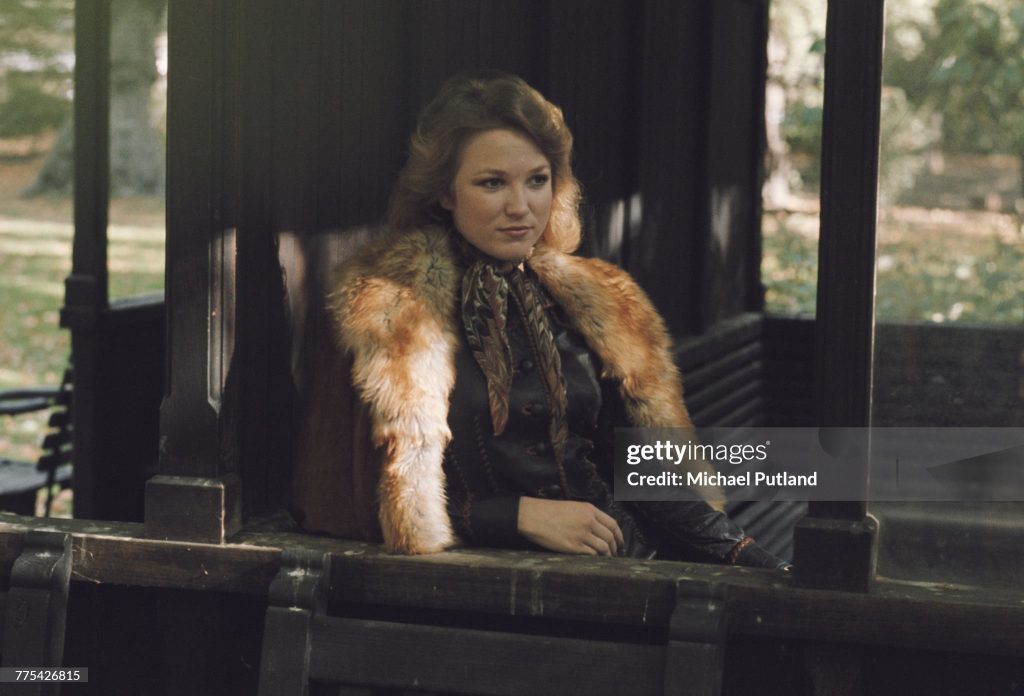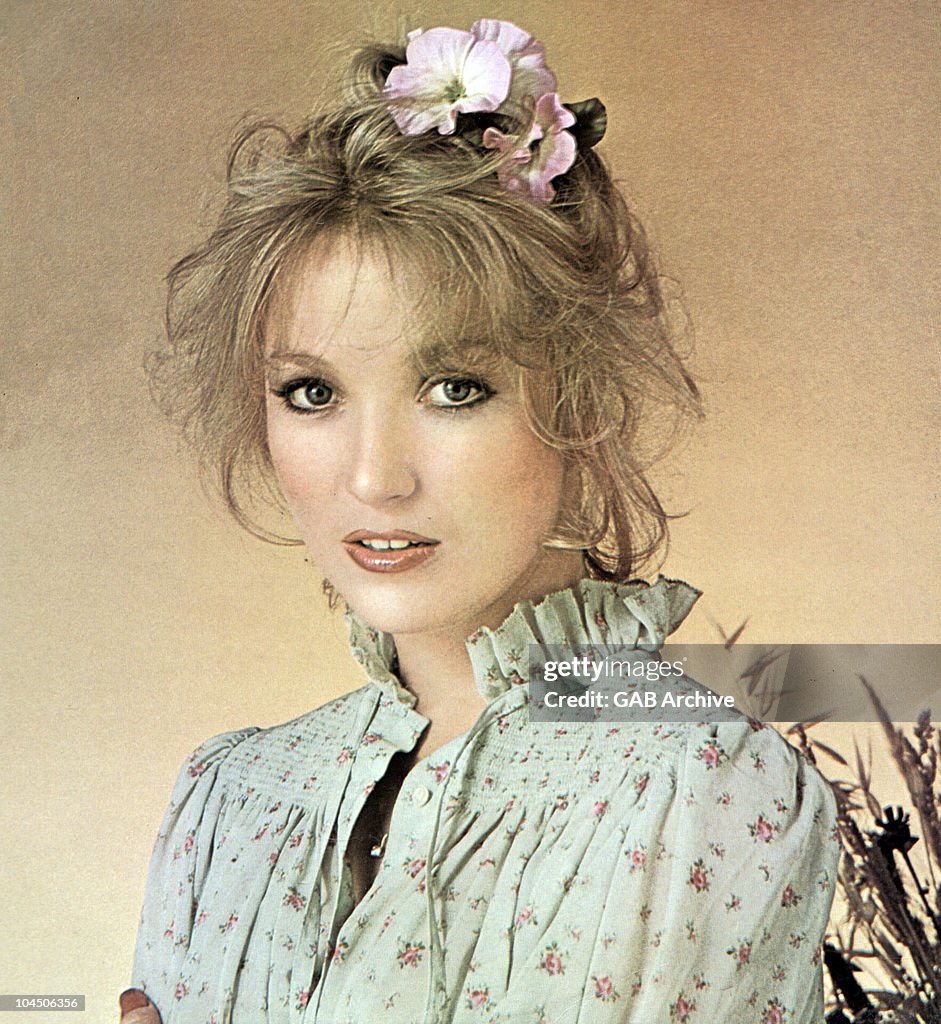
A Tale of Love, Deception, and Redemption
When one reflects on the golden era of country music, a tapestry woven with stories of heartache, love, and redemption emerges. Among these narratives is “Lizzie and the Rainman,” a song that stands as a testament to Tanya Tucker‘s remarkable ability to convey emotion and storytelling through her powerful vocals. Released in 1975, this track quickly climbed the charts, reaching the impressive position of number one on the Billboard Hot Country Singles chart and making its way into the hearts of many.
Tanya Tucker, a prodigious talent who made her mark on the country music scene at a tender age, was only 16 when she recorded “Lizzie and the Rainman.” Her voice, mature beyond her years, carried with it a depth of emotion that resonated with audiences across generations. The song itself is a masterful blend of narrative and melody, telling the intriguing story of Lizzie Cooper and a charming rainmaker.
The tale unfolds in a small, drought-stricken town yearning for salvation. Enter the Rainman, a charismatic figure who promises rain in exchange for payment. Skepticism runs high among the townsfolk, yet Lizzie finds herself drawn to him, captivated by his allure and promises. It’s a story as old as time itself—hope mingling with doubt, love intertwining with deception.
The song’s lyrics paint a vivid picture of Lizzie’s internal struggle as she grapples with her feelings for this enigmatic stranger. Is he truly capable of bringing rain to their parched land, or is he merely a swindler preying on their desperation? The beauty of “Lizzie and the Rainman” lies in its ability to evoke empathy and understanding for its characters. Listeners are transported into Lizzie’s world, feeling her longing for something more than just rain—perhaps even love and redemption.
In many ways, the song reflects the universal human experience of grappling with trust and vulnerability. It’s about taking risks and believing in something greater than oneself, even when doubt clouds judgment. For those who lived through the 1970s, “Lizzie and the Rainman” may evoke memories of simpler times, when storytelling through music was an essential part of life.
The track was part of Tanya Tucker’s album “Tanya Tucker,” which solidified her status as one of country music’s brightest stars. Her ability to infuse each line with raw emotion and authenticity set her apart from her contemporaries. This song is no exception; it showcases her vocal prowess while capturing the essence of traditional country storytelling.
As listeners delve into “Lizzie and the Rainman,” they may find themselves reminiscing about their own experiences with love and deception. The song’s narrative invites reflection on personal journeys and choices made along life’s winding path. It serves as a reminder that sometimes, believing in something—or someone—despite uncertainty can lead to unexpected transformations.
For older generations who remember hearing this song on the radio or playing it on vinyl records, there is an undeniable sense of nostalgia tied to its melody. The music transports them back to moments shared with loved ones or solitary contemplations under starlit skies—a time when music held an almost magical power over our emotions.
In conclusion, “Lizzie and the Rainman” remains an enduring classic within Tanya Tucker’s repertoire—a poignant exploration of love’s complexities set against a backdrop rich with imagery and emotion. Its impact continues to resonate today as listeners find solace in its timeless themes—reminding us all that even amidst doubt and uncertainty lies hope for renewal.
So next time you hear those opening chords or catch yourself humming along to its familiar tune—pause for a moment; let yourself be swept away by Lizzie’s tale once more—and perhaps discover anew what makes this song so unforgettable after all these years.
